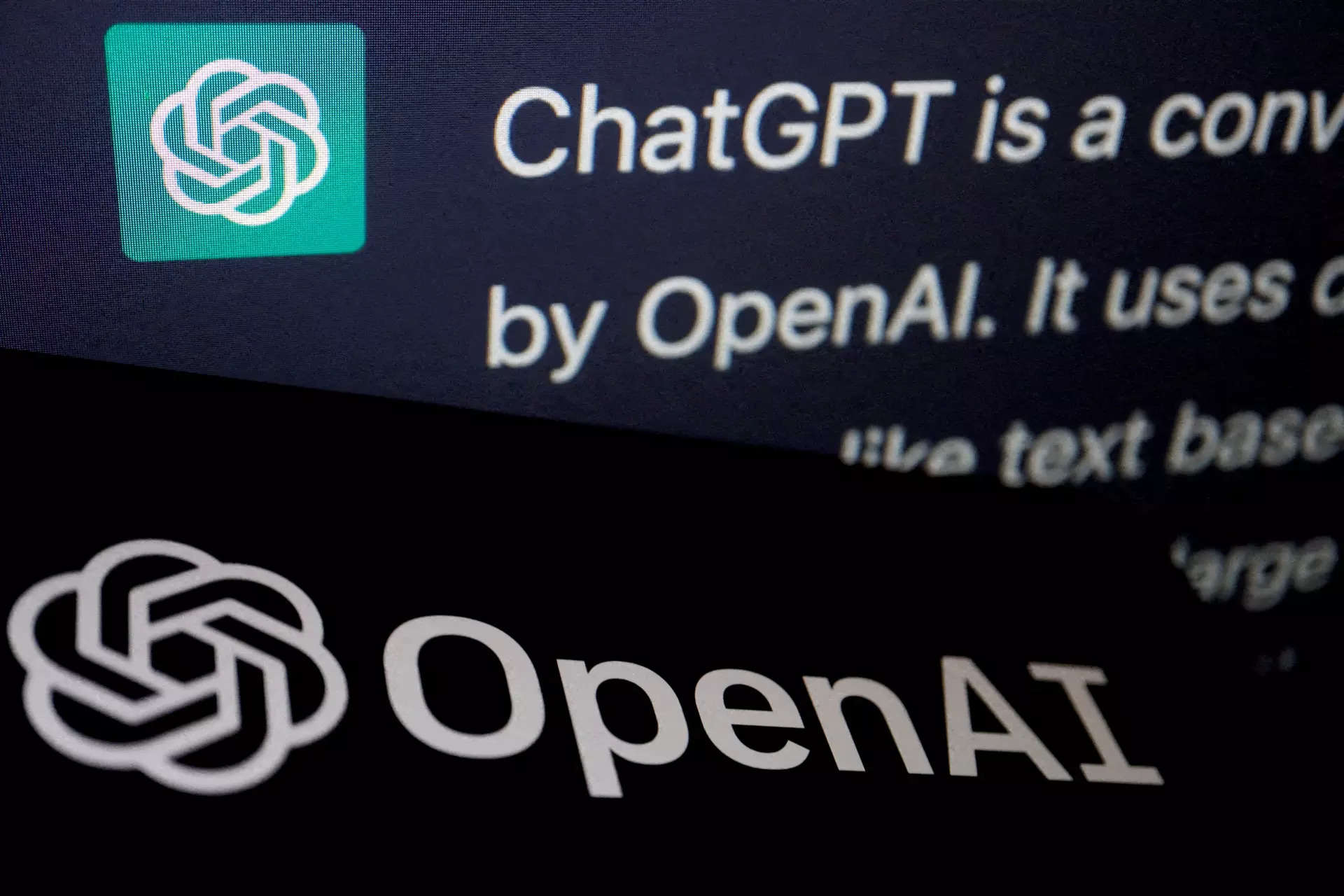Openai: ChatGPT maker OpenAI influenced EU for less strict AI rules: Report – Times of India
Citing documents obtained from the European Commission, a report by Time magazine said that the company that developed ChatGPT AI chatbot lobbied for “significant elements” of the AI legislation to be less stringent in ways that would reduce the regulatory burden on the company.
It also claims that “in several cases,” amendments that were proposed by OpenAI made it to the final text of the draft law, approved by lawmakers and “will now proceed to a final round of negotiations before being finalised as soon as January.”
In 2022, the report noted, OpenAI “repeatedly” argued to officials that the AI Act should not consider its general purpose AI systems, like ChatGPT and Dall-E, to be “high risk”. This would mean that the company will be subjected to stringent legal requirements.
It is to be noted that the EU draft law follows a risk-based approach and establishes obligations for those deploying AI systems.
Google, Microsoft also lobbied for lenient rules
The report also highlights that OpenAI’s arguments are in line with the ones made by Microsoft and Google. Both the technology giants previously lobbied EU officials saying that stringent complying requirements should be on companies that apply an AI model to a high-risk use case and not on the ones that build general purpose AI systems.
“By itself, GPT-3 is not a high-risk system. But [it] possesses capabilities that can potentially be employed in high risk use cases,” said OpenAI in a document.
According to the report, earlier drafts of the AI Act could have deemed systems like ChatGPT and Dall-E as “high risk” if they generated text or imagery that could “falsely appear to a person to be human generated and authentic.”
A solution highlighted in this regard was the Act mandating labelling of AI-generated content and making it clear to users that they are interacting with an AI system.
What OpenAI has to say
“At the request of policymakers in the EU, in September 2022 we provided an overview of our approach to deploying systems like GPT-3 safely, and commented on the then-draft of the [AI Act] based on that experience,” an OpenAI spokesperson was quoted as saying.
“Since then, the [AI Act] has evolved substantially and we’ve spoken publicly about the technology’s advancing capabilities and adoption. We continue to engage with policymakers and support the EU’s goal of ensuring AI tools are built, deployed and used safely now and in the future,” the spokesperson added.
OpenAI operations in Europe
In May, OpenAI CEO Sam Altman, who was on a month-long tour of major capital cities speaking on AI regulation, reportedly said in London that the company could cease operations in Europe if OpenAI is unable to comply with the regulation. He later said that the company has no plans to leave the region.
window.TimesApps = window.TimesApps || {}; var TimesApps = window.TimesApps; TimesApps.toiPlusEvents = function(config) { var isConfigAvailable = "toiplus_site_settings" in f && "isFBCampaignActive" in f.toiplus_site_settings && "isGoogleCampaignActive" in f.toiplus_site_settings; var isPrimeUser = window.isPrime; if (isConfigAvailable && !isPrimeUser) { loadGtagEvents(f.toiplus_site_settings.isGoogleCampaignActive); loadFBEvents(f.toiplus_site_settings.isFBCampaignActive); } else { var JarvisUrl="https://jarvis.indiatimes.com/v1/feeds/toi_plus/site_settings/643526e21443833f0c454615?db_env=published"; window.getFromClient(JarvisUrl, function(config){ if (config) { loadGtagEvents(config?.isGoogleCampaignActive); loadFBEvents(config?.isFBCampaignActive); } }) } }; })( window, document, 'script', );
For all the latest Technology News Click Here
For the latest news and updates, follow us on Google News.


